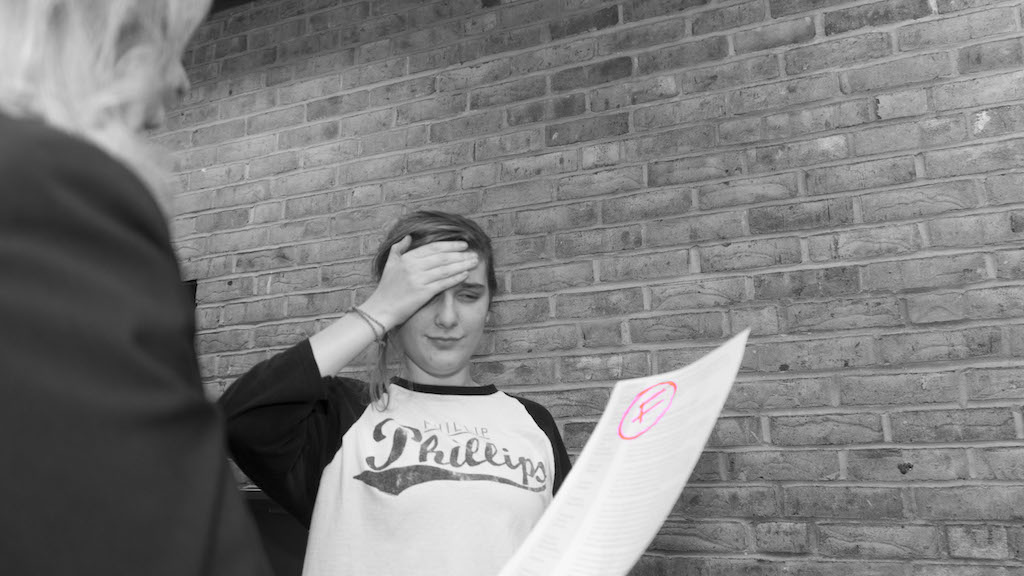Dishonesty at college can cause loss of trust
Students can suffer long-term effects after cheating on an assignment, such as anxiety or losing trust.
May 1, 2017
Students who cheat on school assignments can suffer from long-term consequences down the road, such as loss of trust, anxiety or an urge to continue the behavior, according to an AACC psychology professor.
Dr. Rachelle Tannenbaum said some students feel guilt, and others do not. The guilt associated with cheating on homework, tests and papers can lead to stress and anxiety, especially if they had problems before, she said.
“It could be the straw that broke the camel’s back,” Tannenbaum said.
But for those who don’t feel guilty about cheating, it becomes “easier and easier” to justify doing it again, Tannenbaum added.
“It can become a slippery slope,” Tannenbaum said. “So, you cheat once on a small thing and you get away with it, and you think, ‘Oh OK; that wasn’t so bad.’ And the next time around, it’s easier to justify because you already demonstrated to yourself you can do it and not feel guilty about it.”
Additionally, she said for some, the habit of cheating can carry over to the student’s professional life later.
Tannenbaum also said getting caught cheating could be “one more thing to change the odds” in favor of anxiety or depression. The stress of getting caught and the repercussions of it can be impactful, she said.
Social relationships are also at risk, Tannenbaum explained. Parents could lose trust in their college-aged children, especially if they are paying their child’s tuition through college.
Peers, she said, can also lose trust, depending on the relationship, because “you are generally showing you are not a trustworthy person.”
But loss of trust can also become an issue for someone with cheating friends or classmates.
Kevin Pollock, a first-year AACC student, was kicked out of the University of Maine because he was in a group with a member who cheated. Now, he says, he trusts people less, and “second guesses” what everyone does, especially in school.
Officials of Middle Earth, a non-profit organization dedicated to helping children and adolescents become leaders and healthy-minded individuals in the community, wrote in an article about academic integrity that cheating “lowers your self-respect and confidence,” and that “students who repeatedly plagiarize internet content lose the ability to think critically.”
They also found that cheating wastes time in school, because learning builds on itself.
Tannenbaum pointed to similar consequences for cheaters in college.
“It’s [going to] mess them up in later classes,” Tannenbaum said. “Let’s say someone is taking one course, and they cheat, so they pass. But now they take the second course, and the instructor assumes they actually learned everything. …The farther they go, the harder it is to catch up.”












